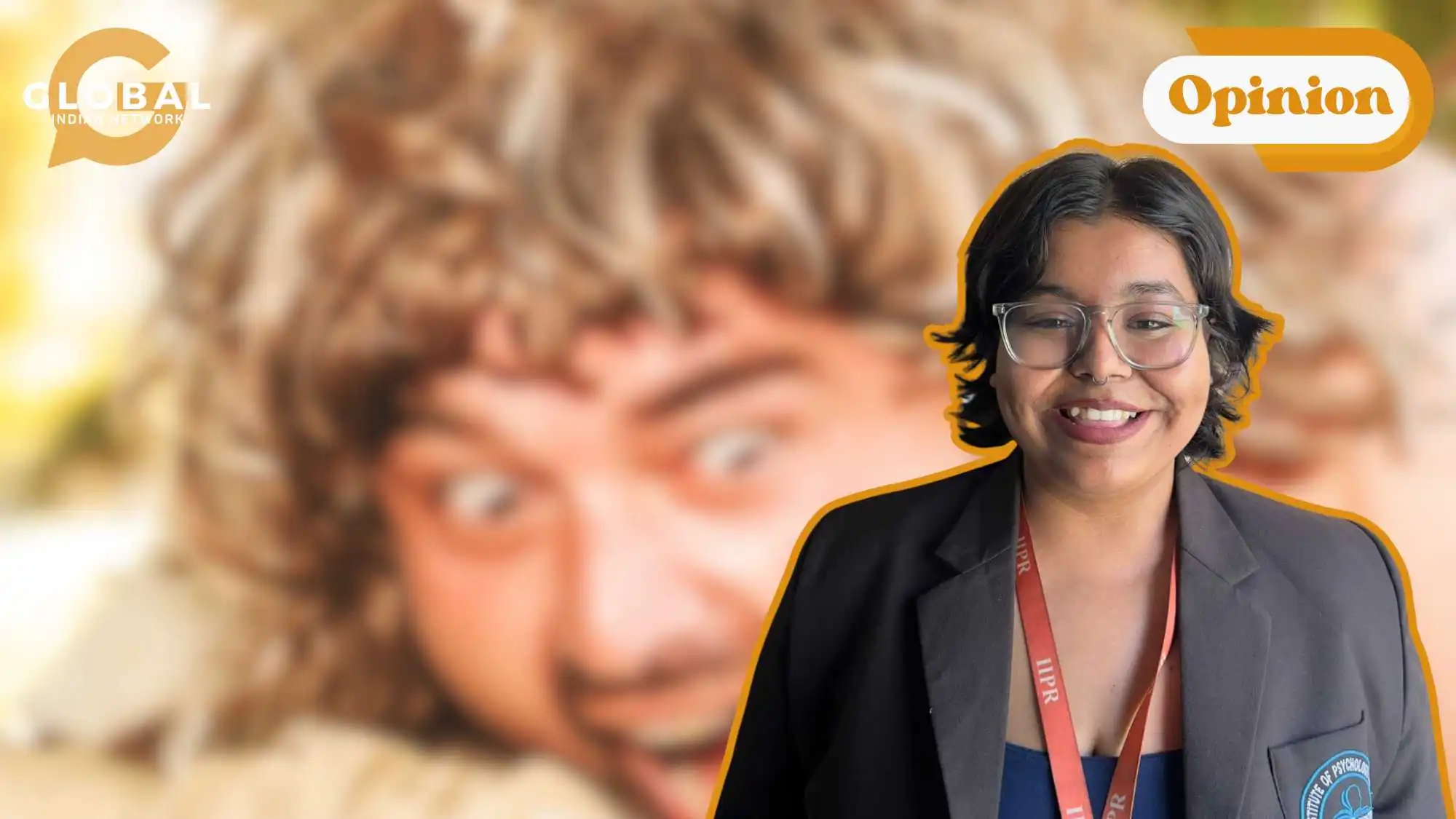Over the years, investigations and whistleblower accounts have hinted towards a dark underbelly of the elite society. Whispers of unimaginable allegations that some of the wealthiest engage in cannibalistic practices and consumption of human-derived substances for purported health benefits are shrouded in conspiracy, occasional documentation, and the eerie silence from the media. Although the skeptics dismiss the claims as theatrical, disturbing incidents and emerging patterns prove otherwise.
When Jeffrey Epstein’s circle was exposed, there was a revelation of mechanisms by which the rich and powerful indulge in criminal activities. While cannibalism was not explicitly linked to Epstein, flight logs, survivor testimonies, and covert recordings have unveiled how moguls hide their darkest inclinations behind layers of money bags.

The trial of Armin Meiwes, famously dubbed the “Rotenburg Cannibal,” after he was arrested by the German police in 2002, stands as a testimony to the concerning extent of the dark web and how it served as a marketplace for human flesh. Similarly, police raids in Russia and Brazil have uncovered cults allegedly linked to the elites, but these arrests never seem to reach high-profile names.
A lot of research has been done to study how wealth alters human behaviour. A psychological science report suggested that those in higher socioeconomic brackets exhibit less empathy and a diminished moral compass. In 2012, Paul K. Piff and his colleagues found that wealthier individuals are more likely to break laws, cheat, and act unethically to secure personal gain. Dr. Michael Salter, an expert on deviance amongst the affluent, noted that some individuals often exist in echo chambers of entitlement where the rules of morality do not apply. Now if we combine their ability to silence dissent and evade accountability, it’s not a far-fetched idea that they would breed cultures of atrocities behind closed doors.
Individuals with unparalleled power frequently influence governments, legal systems, and media outlets. And anyone who might attempt to expose their misdeeds is at risk of litigation, social ostracisation, and worse, thus charges seldom stick. Consider the 2017 assassination of journalist Daphne Caruana Galizia, who had been looking into corruption connected to influential figures in Malta. Her example illustrates the brutal reality of uncovering truths that some would kill to keep hidden.
It took decades of cover-ups for justice to finally prevail in high-profile cases like Harvey Weinstein’s and Epstein’s. Yet many accomplices, including political figures and celebrities, ducked away unscathed. In this culture of silence, even people with good intentions become complicit in order to safeguard their reputations and financial interests.
The mainstream media remains conspicuously silent on these depraved practices of the wealthy, choosing instead to glorify their ostentatious generosity and opulent lifestyles. We unwittingly participate in their crimes by idolising them and promoting their image as paragons of achievement. Lack of publicity not only protects the guilty but also perpetuates public ignorance. Unaware of these charges, people dismiss them as conspiracy theories despite corroboration from journalists and law enforcement.
Whether literal or metaphorical, cannibalistic practices reflect the chilling reality of the power dynamics in the high society. These individuals are celebrated as innovators and philanthropists when, in fact, they keep their animalistic urges and heinous deeds hidden from public view. Fuelled by the boundless depths of the dark web, where unspeakable atrocities are accessible at the click of a button, such practices highlight the darkest extremes of human desire. This cycle of exploitation must be eradicated at all costs. The next time we idolise a figure of wealth or power, we must pause and reconsider our choices—because appearances can be deceiving, and the surface often hides unimaginable horrors.

What do you think? Are these allegations credible, or do they represent society’s fear of the untouchable? Share your thoughts in the comment section below or write to us at larra@globalindiannetwork.com.









